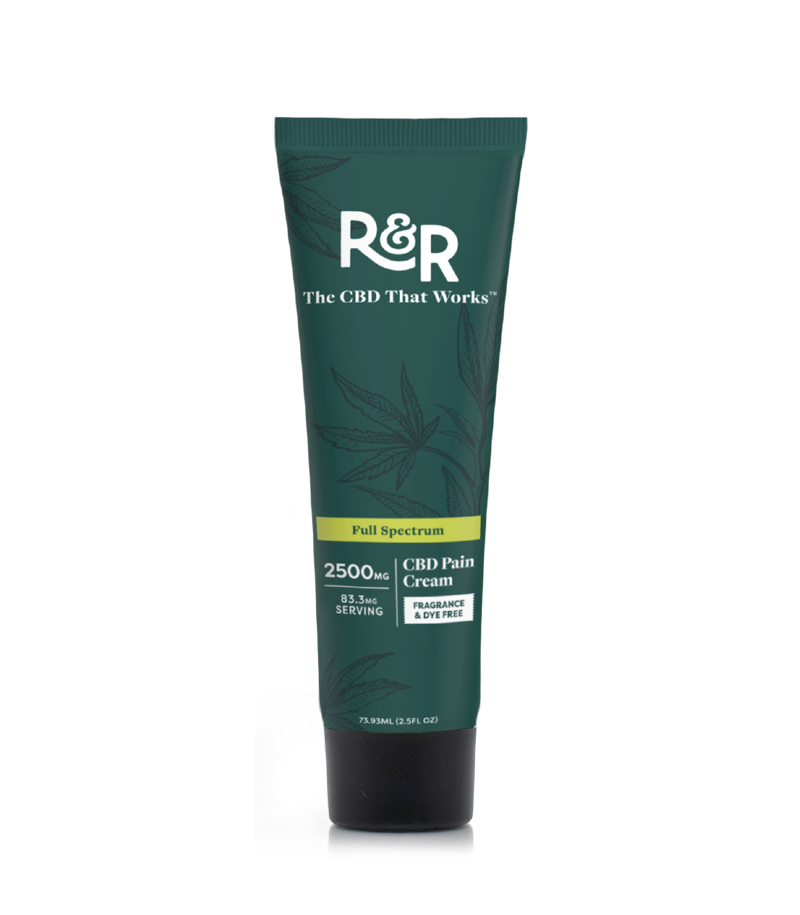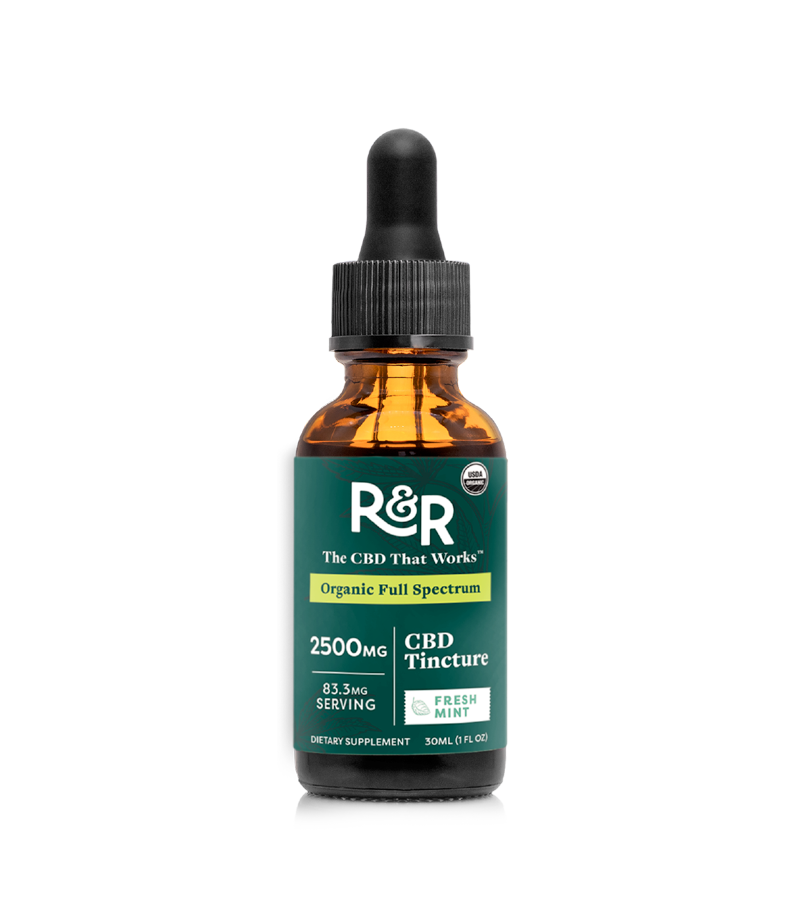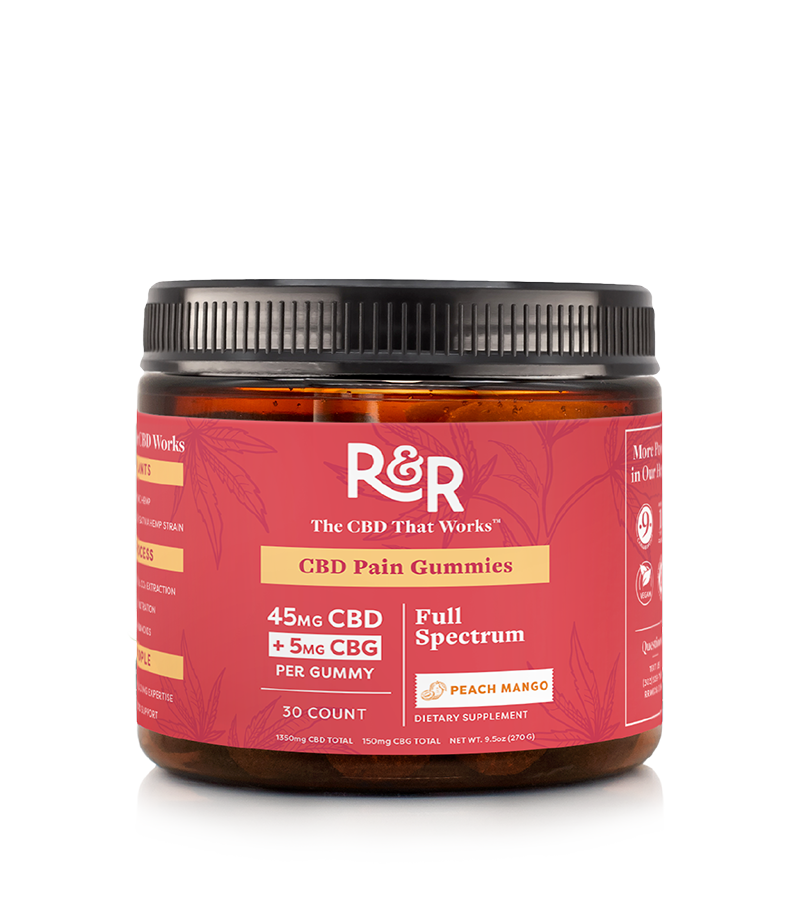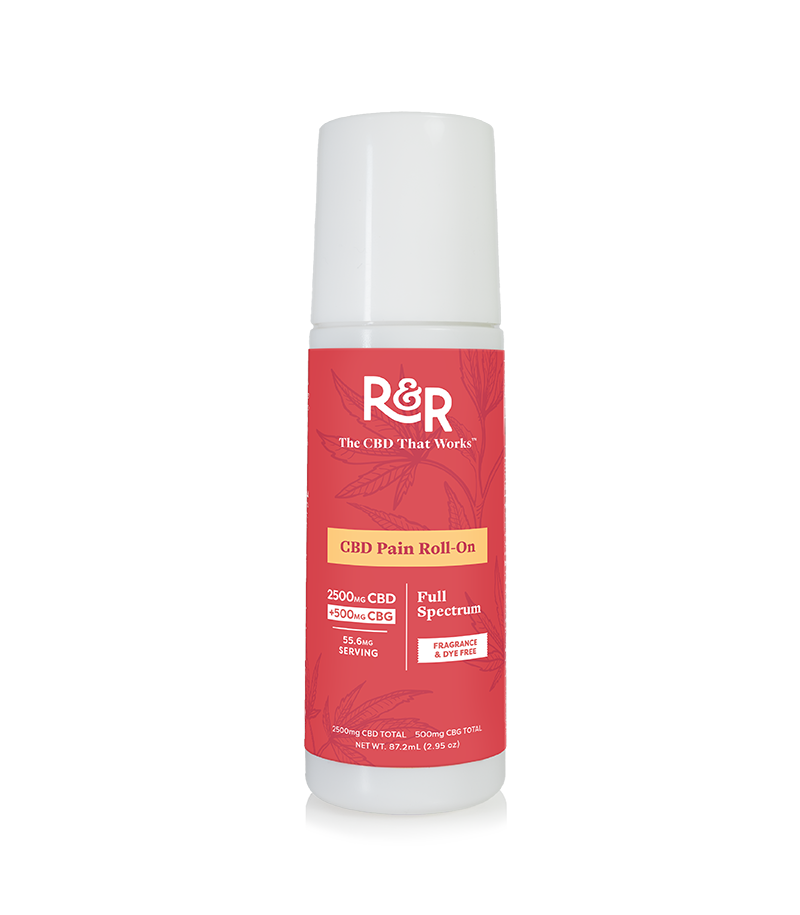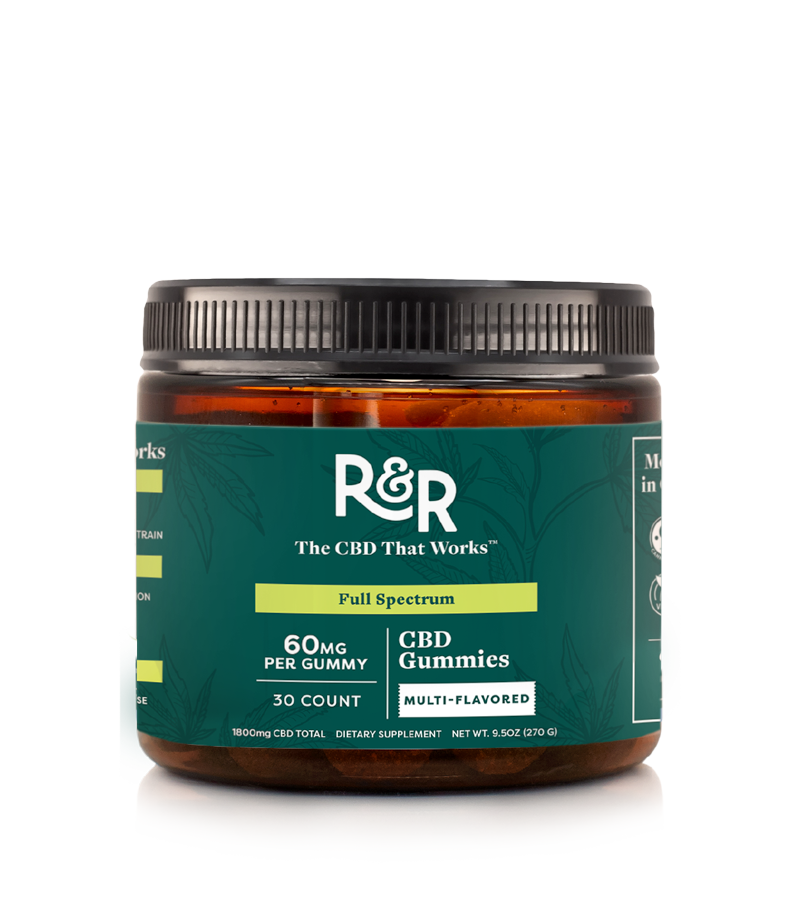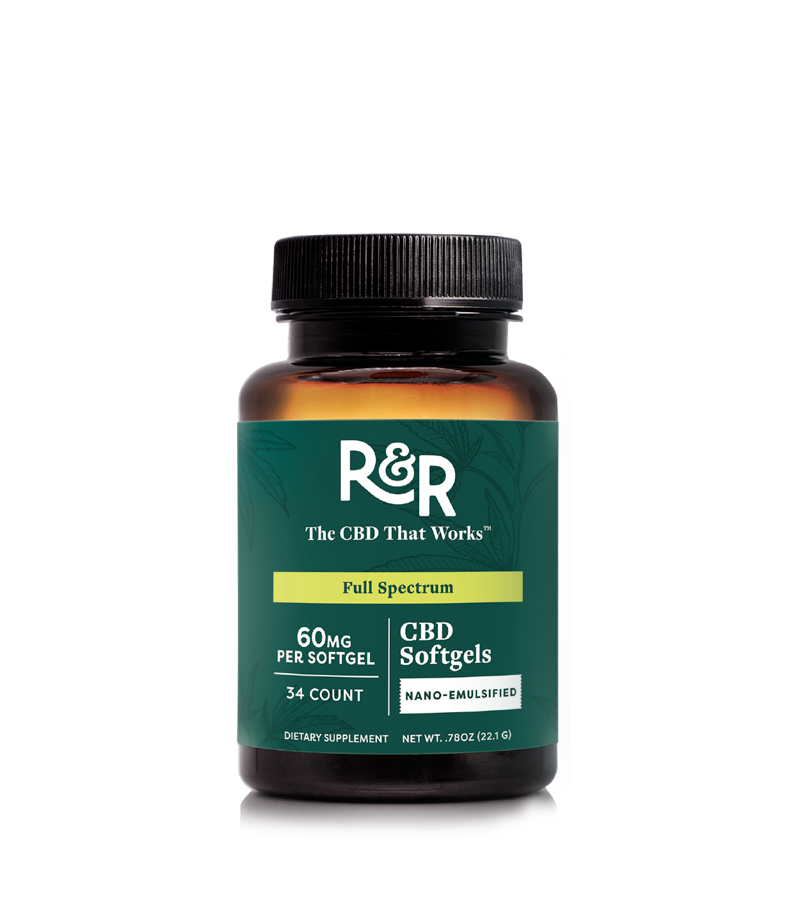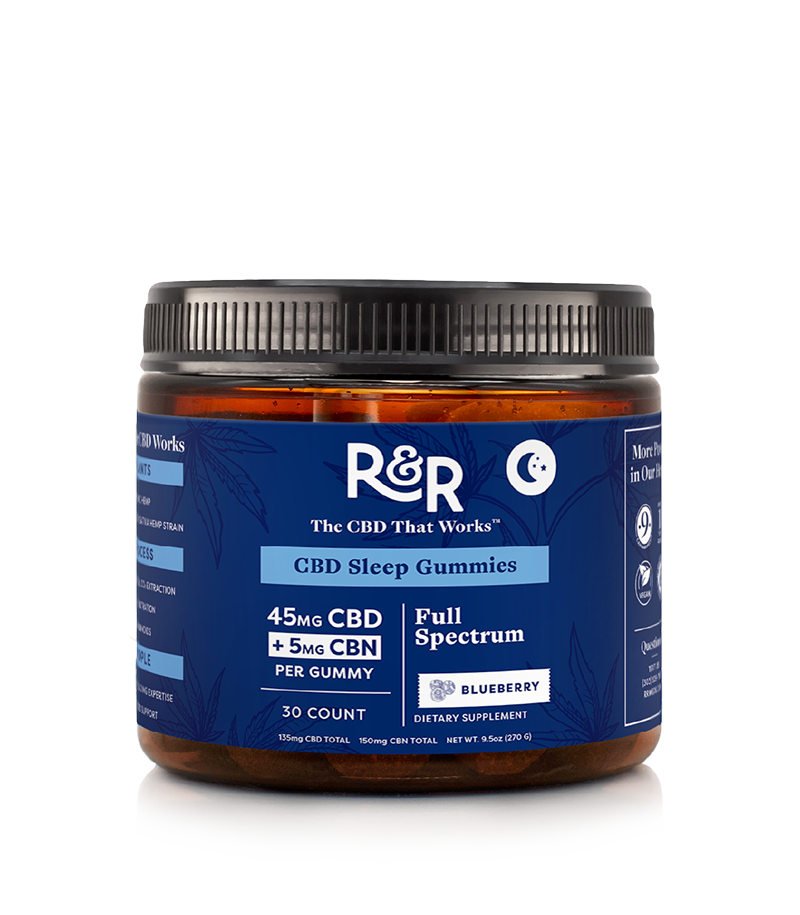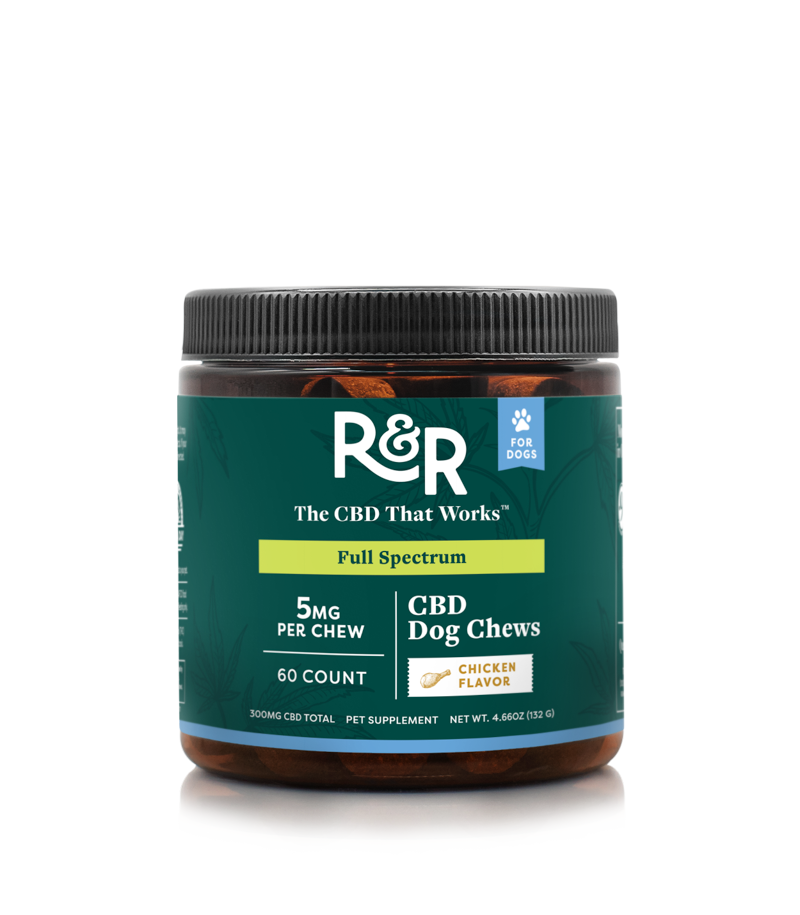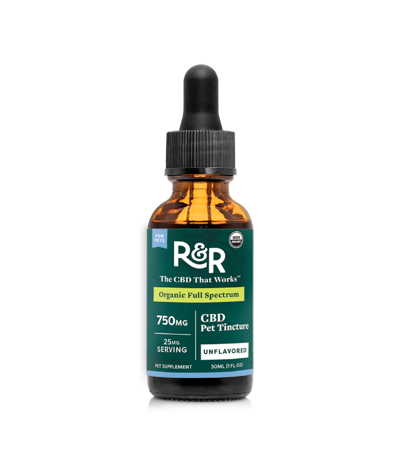While there are many conventional treatments for inflammation, more and more people are turning to cannabis as a potential solution. But with so many different cannabinoids and strains out there, it can be challenging to know where to start.
In this article, we explore the science behind how cannabinoids can help with inflammation and which specific compounds and strains may be most effective for managing symptoms.
Key Takeaways
-
Acute inflammation is the body's natural defense mechanism for healing injuries, while chronic inflammation can lead to long-term health issues like arthritis, Crohn's disease, asthma, and even heart disease.
-
CBD, THC, and CBG reduce inflammation by promoting a balanced immune response, reducing pro-inflammatory cytokines, and targeting neural and digestive inflammation.
-
Topical CBD creams are ideal for localized inflammation, tinctures for systemic effects, and gummies for long-lasting relief.
What Is Inflammation?
Inflammation is a natural process in the body in response to injury, infection, or other harmful stimuli. When you get a cut or sprain your ankle, the affected area becomes red, swollen, and painful as your immune system begins the healing process. This type of acute inflammation is a normal and necessary part of the body's defense mechanism.
However, sometimes inflammation can become chronic, persisting long after the initial threat has passed. In these cases, the immune system remains activated, causing ongoing damage to healthy tissues. This chronic inflammation is at the root of many common diseases and disorders.
Some well-known examples of inflammatory conditions include:
-
Arthritis: Inflammation of the joints, causing pain, stiffness, and swelling. Rheumatoid arthritis and osteoarthritis are two common types.
-
Crohn's disease: A type of inflammatory bowel disease that causes inflammation in the digestive tract, leading to abdominal pain, diarrhea, and other symptoms.
-
Asthma: Inflammation and narrowing of the airways, causing wheezing, coughing, and difficulty breathing.
Other conditions linked to chronic inflammation include diabetes, heart disease, allergies, and even depression. Clearly, finding ways to manage inflammation is crucial for maintaining overall health and well-being.
How Do Cannabinoids Help with Inflammation?
Cannabis contains compounds called cannabinoids that interact with the body's endocannabinoid system. This complex network of receptors and neurotransmitters plays a key role in regulating various bodily functions, including inflammation.
While there are over 100 different cannabinoids in cannabis, a few have shown particular promise for managing inflammation. They include:
CBD (Cannabidiol)
CBD is a non-psychoactive cannabinoid that has gained significant attention for its potential anti-inflammatory properties. It works by stimulating the ECS to reduce pro-inflammatory processes at a cellular level.
Studies show that CBD can increase the production of anti-inflammatory cytokines while decreasing pro-inflammatory cytokines (signaling proteins that help regulate the immune response). By modulating cytokine levels, CBD helps to calm overactive inflammation and promote a balanced immune response.
As such, CBD is often recommended for inflammatory conditions like arthritis, as it may help to reduce joint pain and stiffness without causing the "high" associated with THC.
THC (Tetrahydrocannabinol)
THC is the primary psychoactive compound in cannabis, responsible for the characteristic "high" experienced after consuming cannabis. However, it also possesses anti-inflammatory properties with potential therapeutic benefits.
THC works by activating cannabinoid receptors in immune cells. When these receptors are engaged, they reduce the production of pro-inflammatory cytokines. In this way, THC helps to dampen the inflammatory response and provide relief from associated symptoms.
While the psychoactive effects of THC may not be desirable for everyone, they contribute to its overall therapeutic benefits by promoting relaxation and stress relief.
CBG (Cannabigerol)
CBG is a lesser-known cannabinoid generating buzz for its unique therapeutic potential, particularly in managing inflammation.
Early research suggests that CBG may effectively target neural inflammation, making it a promising option for conditions like inflammatory bowel disease and neuropathic pain. It works by interacting with specific receptors in the digestive tract and nervous system to reduce inflammation at its source.
While more studies are needed to understand the mechanisms behind CBG's anti-inflammatory effects, many people incorporating this compound into their wellness routines have reported positive results.
Are Specific Cannabis Strains Good for Inflammation?

At R&R, we're committed to providing high-quality CBD products that support your wellness journey. While we specialize in gummies, topicals, and tinctures, we believe in empowering our customers with comprehensive information about cannabis and inflammation.
The Science Behind Strain Effectiveness
Not all cannabis strains are created equal when it comes to managing inflammation. Two critical factors determine a strain's potential therapeutic value:
Cannabinoid Dynamics: The precise balance between CBD and THC can dramatically influence anti-inflammatory potential. Research published in Frontiers in Pharmacology demonstrates that CBD can suppress cytokine production and modulate immune cell function, reducing inflammatory responses.
Terpene Synergy: These natural compounds work alongside cannabinoids to enhance potential wellness benefits. A 2008 study in the European Journal of Pharmacology found that specific terpenes can reduce inflammation by targeting cellular pathways and interacting with the body's endocannabinoid system.
Understanding these nuanced interactions can help to make more informed decisions about cannabis-based wellness approaches – even if they're using targeted CBD products like ours.
If you're looking to use cannabis to help manage inflammation, choosing the right cannabinoid or strain is key. While CBD and THC display anti-inflammatory potential, the ratio of these cannabinoids in a strain significantly determines how that particular strain affects you.
Here's a closer look at some of the best cannabis strains for inflammation, broken down by their cannabinoid profiles:
High-CBD Strains
High-CBD strains are often thought to provide relief from inflammation without the psychoactive effects of THC. These strains typically contain CBD levels of 10% or higher, with only trace amounts of THC (usually less than 1%).
Some popular high-CBD strains include:
-
Harlequin: This sativa-dominant hybrid has a CBD:THC ratio of about 5:2, making it a good choice for those who want the benefits of both cannabinoids without feeling too "high." Users report that Harlequin helps relieve pain and inflammation while promoting a clear-headed, focused state of mind.
-
ACDC: With a CBD:THC ratio that can reach as high as 20:1, ACDC is one of the most CBD-dominant strains. It exhibits potent anti-inflammatory effects without noticeable psychoactivity, making it a top choice for medical users.
-
Charlotte's Web: This high-CBD strain was specifically bred to help manage seizures in children with epilepsy, but has also gained popularity as an anti-inflammatory aid. It typically contains less than 0.3% THC, so you can use it without worrying about getting "stoned."
-
Sour Tsunami: Another high-CBD strain, Sour Tsunami has a CBD:THC ratio of about 10:1. Users report that it helps alleviate pain and inflammation throughout the body while promoting relaxation and well-being.
High-THC Strains
While high-THC strains are primarily known for their psychoactive effects, they also provide effective relief from inflammation, especially when combined with CBD. These strains typically contain THC levels of 15% or higher. Some popular high-THC strains for inflammation include:
-
Jack Herer: Named after the famous cannabis activist, this sativa-dominant strain is known for its uplifting, energizing effects. It typically contains around 18-24% THC and 1% CBD, making it a good choice for managing inflammation while staying active and focused.
-
Girl Scout Cookies: This iconic hybrid strain is beloved for its potent pain-relieving properties. With THC levels that can reach up to 28%, it's not for the faint of heart - but many users claim it helps with inflammation and promotes deep relaxation.
-
GMO Cookies: Also known as "Garlic Cookies," this indica-dominant strain has a pungent, savory aroma and powerful sedative effects. It typically contains around 20-24% THC and is often recommended for managing chronic pain and inflammation.
-
Purple Punch: This sweet, fruity indica is a favorite among those seeking relief from pain and stress. With THC levels around 18-20%, it provides a strong body high that can help ease inflammation and promote restful sleep.
If you're new to cannabis, it's a good idea to start with a high-CBD strain and work your way up to higher THC levels.
CBD vs CBG vs CBC for Inflammation: Which Is Better?
While CBD, CBG, and CBC all show anti-inflammatory potential, they each have unique properties and mechanisms of action, making them differentially suitable for managing inflammation.
CBD is the most well-studied cannabinoid for inflammation, with a growing body of research supporting its ability to reduce inflammatory markers and provide relief from conditions like arthritis and inflammatory bowel disease.
CBG, on the other hand, may help manage inflammation in the digestive tract. Early studies suggest that it interacts with specific receptors in the gut to reduce intestinal inflammation and provide relief from symptoms of conditions like Crohn's disease and ulcerative colitis.
CBC is another promising cannabinoid for inflammation, thanks to its ability to inhibit the cyclooxygenase enzymes and down-regulate pro-inflammatory gene transcription. Moreover, its interaction with the TRP receptors could be key in regulating inflammation and pain perception.
Ultimately, the best cannabinoid for managing inflammation will depend on your needs and the location of your symptoms. CBD may be your best bet if you're dealing with generalized inflammation throughout the body.
CBG could be worth trying for digestive issues. And if you're looking for a cannabinoid that targets systemic inflammation, CBC may be the way to go.
Of course, you don't necessarily have to choose just one cannabinoid. For many people, combining CBD, CBG, and/or CBC has been shown to provide more benefits.
As a rule of thumb, we recommend experimenting with different ratios and doses to find what works for you. It’s also advisable to talk to a cannabis specialist for personalized guidance.
How to Use Cannabis for Inflammation
When using cannabis for inflammation, you have several options depending on your preferences and the severity of symptoms.
Inhaling CBD through vaping or smoking high-quality CBD flower is one of the fastest and most potent ways to experience relief. When inhaled, CBD enters the bloodstream directly through the lungs, allowing you to feel its effects within minutes. This method is ideal for acute inflammation or sudden flare-ups.
If you're dealing with localized inflammation, topical CBD products like creams, balms, and roll-ons can be a great choice. These products allow you to directly target the affected area, delivering CBD where you need it most.
Our CBD Pain Creams are formulated to provide quick relief. Loaded with all-natural anti-inflammatories, this Pain Cream is an effective topical solution to aches, pains, and sprains. Simply apply the product to the inflamed area and massage it in for quick, localized relief.
When used consistently, it unlocks the magnified cumulative effects of CBD, which significantly reduces the experience of pain and inflammation, allowing you to live a healthy active lifestyle again, pain-free.*
For longer-lasting, systemic effects, ingestible CBD may be the better choice. CBD oil can be taken sublingually (under the tongue) for rapid absorption, while CBD gummies and other edibles provide a convenient, pre-measured dose to help keep inflammation at bay throughout the day.
When ingested, CBD passes through the digestive system and is metabolized by the liver before entering the bloodstream, providing sustained relief that can last for several hours.
So, if ingestion is your preferred method, we recommend these delicious Multifunctional CBD Gummies. Infused with CBD to ensure the highest quality, best-tasting, and most consistently potent experience, our Gummies are designed to deliver multifunctional benefits to make you feel better.*
These Gummies can form the cornerstone of a daily wellness regimen since consistent CBD dosing will yield the best results. Enjoy our Gummies daily as a tasty treat that helps tackle whatever issues are holding you back.*
But if oils/tinctures are your thing, then these Multifunctional CBD Tinctures certainly won’t disappoint. Available in 3 potency levels and in full- and broad-spectrum versions, our versatile Tinctures easily fit into any lifestyle and give you all the multifunctional benefits of CBD when taken consistently, especially daily.*
No matter your chosen method, we recommend starting with a low dose and gradually increasing until you find the amount that works best for you.
Everyone is different, so what works for one person may not work for another. Be patient, listen to your body, and respond accordingly.
What Is the Most Effective Cannabinoid Product for Inflammation?
Our CBD pain creams are a great choice for targeted relief. They allow you to apply the anti-inflammatory benefits of CBD directly to the affected area. These topical products are especially helpful for localized inflammation, such as joint pain or muscle soreness.
For a more holistic approach, our full-spectrum CBD Tinctures can provide powerful relief throughout the body. These Tinctures contain CBD and other beneficial cannabinoids, terpenes, and flavonoids that enhance CBD’s anti-inflammatory effects.
Final Thoughts
R&R CBD offers a range of high-quality cannabinoid products to help you manage inflammation effectively. Whether you need targeted relief with CBD pain creams or holistic benefits with full-spectrum tinctures, R&R CBD provides reliable options tailored to your needs.
Visit our online shop to discover the best CBD products that can help you manage inflammation and quickly get you back to living the life you want.
Frequently Asked Questions
What Cannabinoids Reduce Inflammation?
Cannabinoids that reduce inflammation include CBD, THC, CBG, and other compounds found in the cannabis plant. These compounds interact with the body’s endocannabinoid system to modulate immune responses.
Is CBD the Best Anti-Inflammatory?
CBD is considered one of the most effective anti-inflammatory cannabinoids, but whether it is the “best” depends on the specific condition and individual needs. Other cannabinoids like THC and CBG can also have significant anti-inflammatory effects.
Does Indica Reduce Inflammation?
Indica strains, known for their relaxing and pain-relieving properties, may help reduce inflammation, but the effects depend on the strain's specific cannabinoid and terpene profile.
Does Delta 9 Help with Inflammation?
Delta-9-THC has been shown to reduce inflammation by interacting with the body’s immune system and reducing inflammatory markers. However, it also produces psychoactive effects, which some may find undesirable for regular use.
Sources Used
- Endocannabinoid System and Health
- CBD and Pain Management
- Cannabinoids in Neurological Disorders
- THC vs. CBD: Effects on the Brain
- Medical Cannabis for Chronic Pain
- CBD for Anxiety and Depression
- Cannabis and Sleep Disorders
- Pharmacology of Cannabinoids
- CBD's Anti-Inflammatory Properties
- Cannabichromene (CBC) Overview
- Cannabichromene and Brain Function
- Neuroscience of Cannabichromene
















